Get in touch with us
Leave a message
We supply premium PMMA plastic pellets renowned for exceptional clarity, weather resistance, and scratch durability. Ideal for automotive, optical, and signage applications, our materials deliver outstanding performance and precision. Committed to quality assurance, cost-effective solutions, and global delivery, we empower your manufacturing needs with reliable, high-quality PMMA pellets tailored for demanding environments.
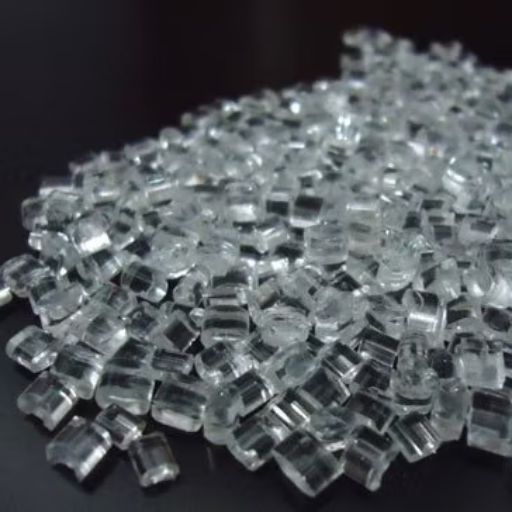
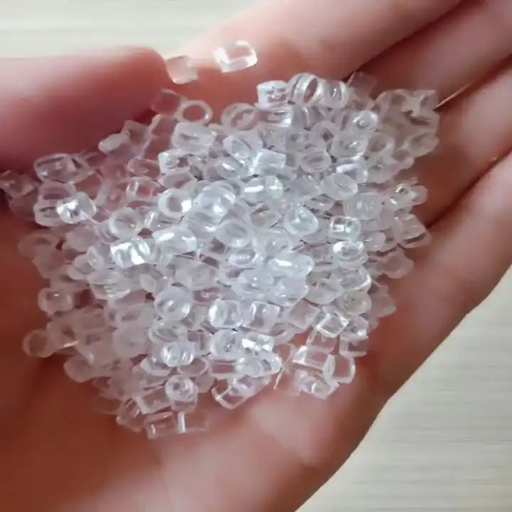
PMMA plastic pellets offer exceptional clarity and durability, making them a game-changer across industries. Their weather resistance, optical transparency, and scratch resistance ensure reliable performance in demanding applications, driving innovation and efficiency for your business.
PMMA pellets provide glass-like transparency, ideal for lenses and signage.
Resists UV light and weathering, ensuring long-term outdoor durability.
Offers excellent surface hardness, reducing wear in demanding applications.
Easily processed via injection molding and extrusion, supporting precise manufacturing.
| Property | Value/Description | Advantage |
|---|---|---|
| Tensile Strength at Break | 55–75 MPa | Provides sufficient strength for rigid applications like signage and displays. |
| Impact Resistance (Notched Izod) | 1.2–2.0 kJ/m² | While low, impact-modified grades can enhance toughness for specific uses. |
| Light Transmission | 92% | Superior clarity, ideal for optical lenses and transparent panels, rivaling glass. |
| Heat Deflection Temperature (HDT) | 85–100°C (at 1.8 MPa) | Maintains shape under moderate heat, suitable for ambient applications. |
| Service Temperature (Continuous) | Up to 80–90°C | Reliable for indoor and mild outdoor use without deformation. |
| Density | 1.17–1.20 g/cm³ | Lightweight compared to glass, reducing material and shipping costs. |
| Refractive Index | 1.49 | Optimal for optical clarity, enhancing performance in lenses and light guides. |
PMMA plastic pellets deliver exceptional clarity and resilience, revolutionizing applications across diverse sectors. Their superior optical transparency, impact resistance, and weatherability guarantee outstanding performance in challenging environments, fostering innovation and reliability for your business.
PMMA’s high transparency (up to 92% light transmission) and excellent optical clarity make it ideal for manufacturing optical lenses, light guide plates, and display screens, used in LED lighting, TV panels, and eyeglass lenses.
PMMA’s weather resistance, scratch resistance, and high impact strength are perfect for automotive tail light covers, dashboard panels, and exterior trim, enduring prolonged UV exposure and mechanical stress.
PMMA pellets are used to produce transparent sheets, sound barriers, and skylights for building facades, roofing, and interior decor, valued for their lightweight, durability, and ease of processing.
PMMA’s biocompatibility and ease of sterilization make it suitable for medical equipment, such as dental materials, intraocular lenses, and laboratory ware, meeting stringent hygiene standards.
PMMA’s glossy finish and ease of coloring make it a top choice for billboards, illuminated signs, and display racks, offering lasting visual appeal and weather resistance.
PMMA pellets are processed via injection molding or extrusion to create industrial components like instrument housings, pipe fittings, and protective covers, utilizing their strong mechanical properties and dimensional stability.
Suzhou Yifuhui New Material Co., Ltd. provides premium PMMA plastic pellets, crafted with cutting-edge manufacturing and rigorous quality standards. Tailored for applications in optics, automotive, and construction, these pellets offer outstanding clarity, impact resistance, and reliability to boost market competitiveness.
Backed by a robust global supply chain, competitive pricing, and dedicated customer support, Suzhou Yifuhui guarantees seamless delivery and customized solutions. Committed to innovation and precision, the company fosters trusted partnerships, delivering consistent excellence to support clients’ long-term success in dynamic industries.
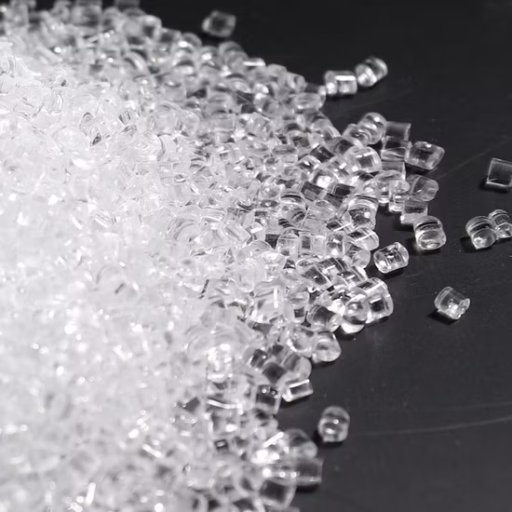
Understand from our clients what they say about doing business with us and the unique value addition we provide.


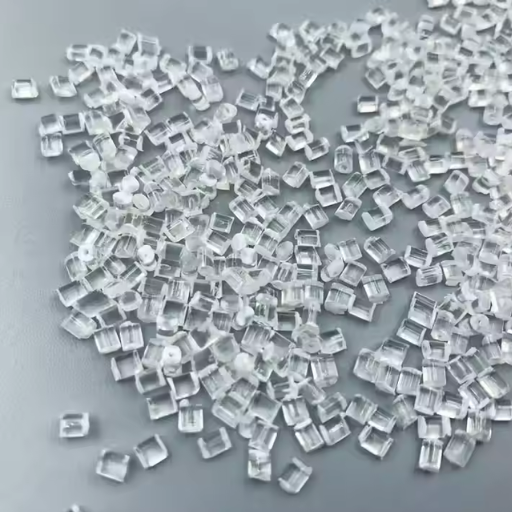
PMMA pellets offer high transparency, excellent weather resistance, strong impact strength, and easy processability, ideal for clear, durable applications.
PMMA is generally not food-safe unless specifically certified as food-grade. Standard PMMA may release harmful substances when in contact with food. Always verify with the supplier for food-contact compliance.
Yes, PMMA is harder than HDPE. PMMA has a higher surface hardness and scratch resistance, while HDPE is softer and more flexible.
No, PMMA is not biodegradable. It is a durable, non-degradable thermoplastic that persists in the environment unless recycled.
Yes, PMMA plastic is recyclable. It can be processed through mechanical recycling or chemical methods, though recycling availability depends on local facilities.
Stay inspired and innovative by following our blog, where we share the latest best practices, techniques, breakthroughs, and insights in the field.
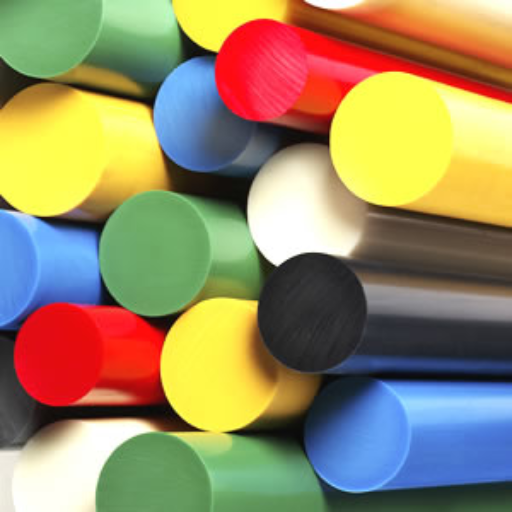
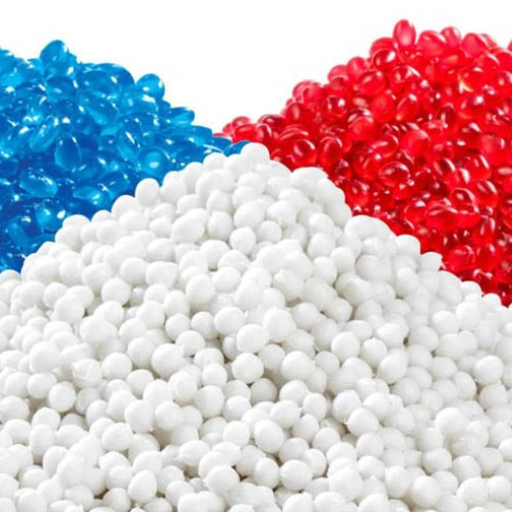

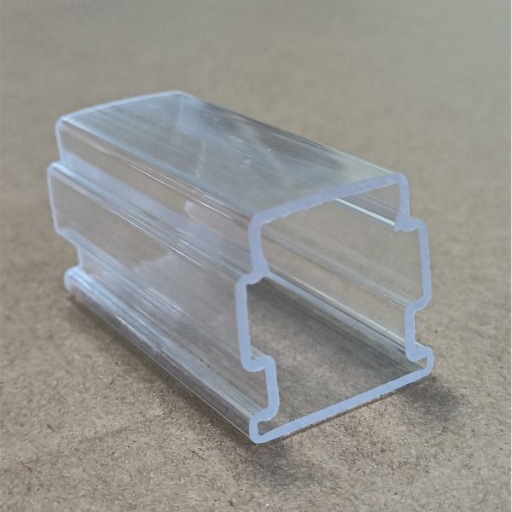
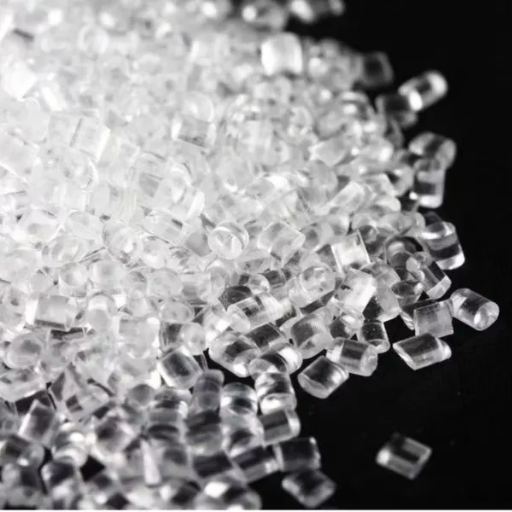
Discover the superior quality of our Polymethyl Methacrylate Plastic Pellets. Whether you need PMMA material for optical, automotive, or construction applications, our team is ready to provide tailored solutions. Reach out today for detailed specifications, pricing, and samples of our premium PMMA plastics.
A: PMMA pellets offer high transparency (92% light transmission), excellent weather resistance, strong impact strength, and easy processability, ideal for durable, clear applications.
A: Standard PMMA is not food-safe unless certified as food-grade. Verify with the supplier for food-contact compliance to ensure safety. degradation.
A: Yes, PMMA is recyclable through mechanical or chemical methods, though recycling depends on local facility availability. devices and food storage containers.
A: PMMA is harder than HDPE, with greater surface hardness and scratch resistance, while HDPE is softer and more flexible. is vulnerable to attack by alkaline solutions, certain solvents, and aromatic hydrocarbons.
A: No, PMMA is not biodegradable. It is a non-degradable thermoplastic that persists unless recycled. processing method, exposure conditions, and cost considerations.
A: PMMA is used in optical lenses, automotive parts, signage, medical devices, construction sheets, and industrial components due to its clarity and durability. often result in a favorable lifecycle assessment compared to less durable alternatives that require frequent replacement.
Discover premium plastic pellets and engineering resins, including PC, ABS, PA66, POM, PMMA, HDPE, and more at Yifuhui Plastic.